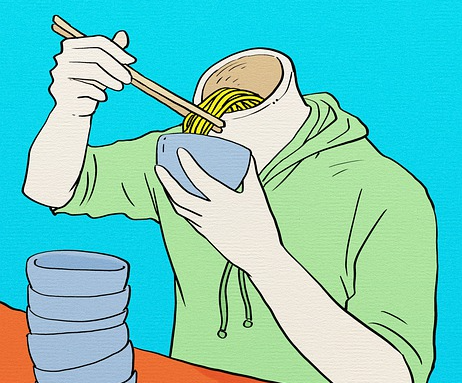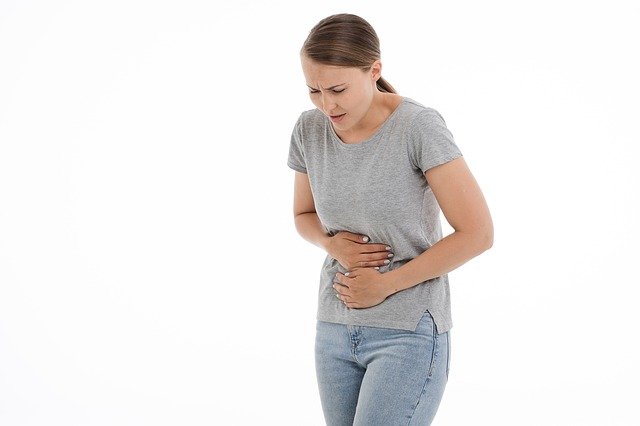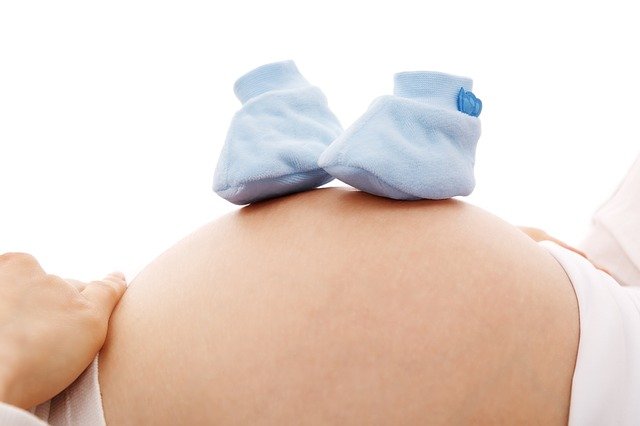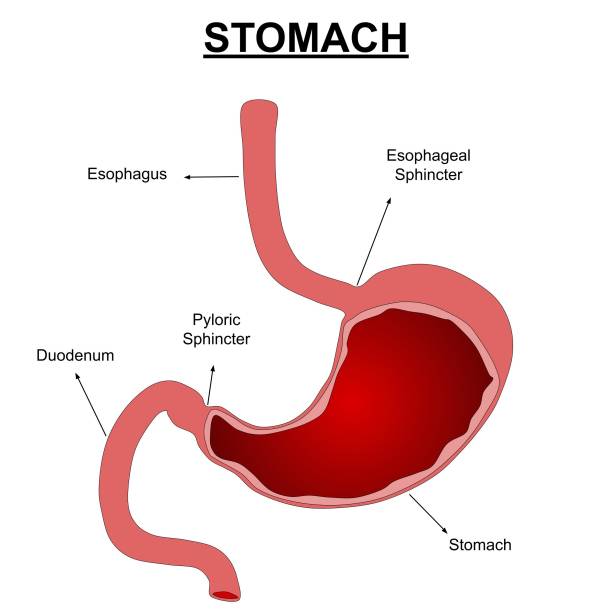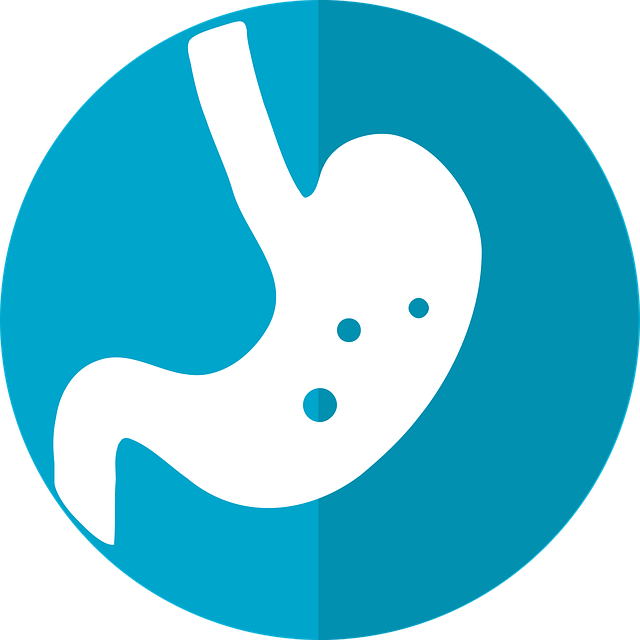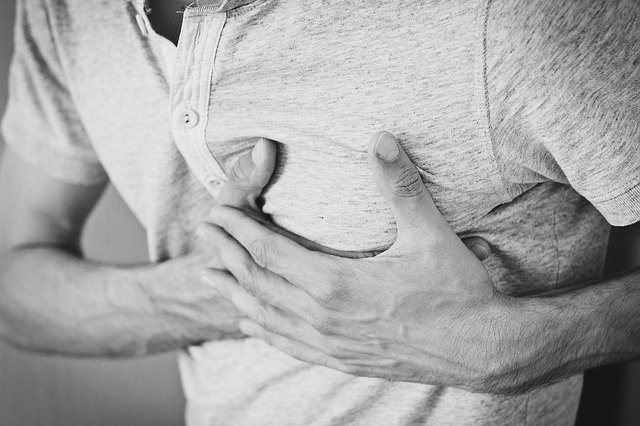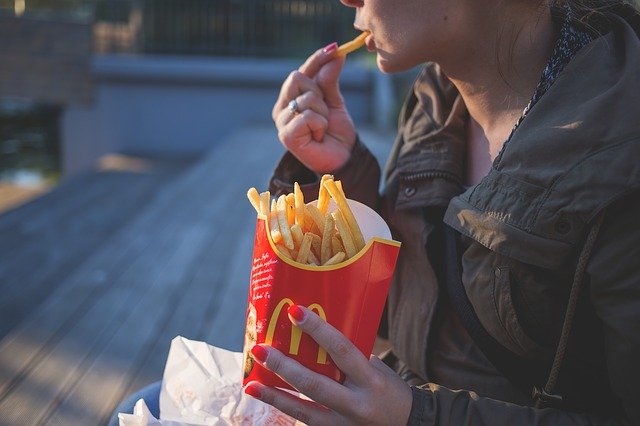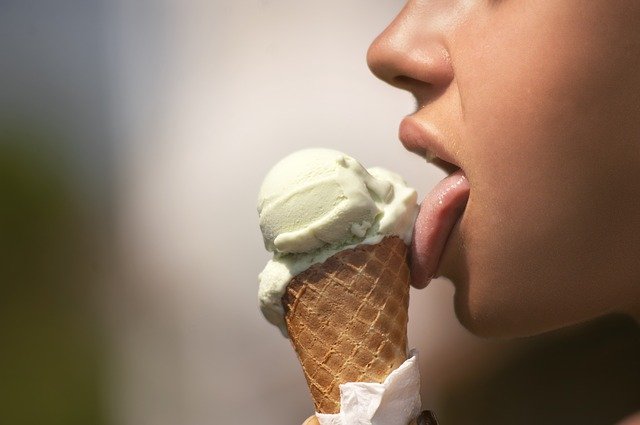Overeating facts: What happens if you eat too much of something?
8 minuteRead

Going out? Holiday season? Or cooking something special at home? What’s that one thing that you do more? Is that overeating or what we usually call binge eating?
Is this something you feel more often?
Think about when your mom made something delicious and your favorite, but you don't know where to put that stop button. That feeling is like a balloon that is going to burst if you have another bite.
Uhhh!!!
By the way, have you ever thought about how does it feel when you actually stop eating but you realize you have eaten too much? Yeah! Everyone knows that feeling. However, let me give you some scientific insights.
Ready? Let’s see what exactly happens when you overeat.
What is Overeating?
Wait, when we are talking about overeating, do you know what exactly it means? Let me tell you. What the technical or I would say in medical terms, overeating means
Overeating is defined as excess food consumption that happens in relation to energy. It often leads to weight gain, obesity and is commonly known as an eating disorder.
How to define what is overeating, what is not, and what will happen after that? Experts have to say that you are probably overeating whenever you eat more than 1 liter.
Symptoms of overeating?
After a person eats too much, it is quite easy to figure it out. How? Well!,
- When you feel Nausea.
- Some discomfort in the abdominal area.
- And extreme laziness or fatigue.
If something like this happens, you have overeaten. Simple!
What happens when you overeat?
Now that you know what is eating and overeating and what signs show you have overeaten, it's time for the real stuff.
1. The stretching of the stomach
Our stomach has Vagus Nerve, directly connected to the brain, which stretches when you eat. The high amount of eating and stretching sends a signal to the brain that ‘Dude, you are overeating.’
This message stimulates a painful stretching in the stomach to make you stop eating. But what to say, many people do eat unintentionally. People, People, People…
2. Eating too quickly
Hey, are you in a rush to eat? Or are you just binge-watching and binge eating simultaneously? Here is the bad news, if you eat too quickly, you are more likely to overeat.
When you eat too quickly, you fill the stomach and stretch it before it has time to expand. You are literally forcing your stomach to digest the food as soon as you throw it in.
Here is an insight, your stomach can hold as much as 1 liter of food. Thank god we have stretchable tissues that allow the stomach to expand as much as 3 liters. This expanded stomach presses the abdominal organs that give you the ‘food baby look.’
Not aww baby, it's the FOOD BABY.
3. Shallow breaths
Now that you know, the more you eat, the more the stomach expands, and the more you press all the abdominal organs. The organs also have the diaphragm, which is just below the lungs.
As the diaphragm is pushed by the stomach upwards, it forces the lungs. There you go, this is the reason why you have short breaths when you overeat. Some people get up quickly or prefer lying down just to balance their breathing.
4. The Sphincter opening
Do you know we have a Sphincter opening or stop point at most of the parts in our body? One is there at the anas, one at the stomach and intestine connection. But here we are talking about the Cardiac Sphincter or esophageal sphincter, the other one is between the esophagus and stomach opening.
The cardiac Sphincter acts as a natural body passage. However, its main function involves preventing the overflow of food in the esophagus.
Now when you overeat, your stomach expands, and this Cardiac Sphincter opens up excess stretch. All because of excessive hunger. This stretch makes you feel nauseous when you overeat without stopping. In some cases, you may puke, and it's no big deal.
You must be wondering why you puke sometimes? It is because if the food or the fluid from the stomach enters the esophagus, you are likely to vomit. However, you will feel nauseous when the food reaches the sphincter (stretched) opening. If food enters the esophagus, time to run to the washroom.
5. The gassy part
We all know stomach releases gasses that help in breaking down food for better digestion. There is no one gas that helps the process, but there are 3: Hydrochloric Acid, Potassium Chloride, and Sodium Chloride.
Digestion is a simple process. You eat, food goes to the stomach, the stomach releases gasses to break down food, and then the food enters the small intestine for further procedure.
However, when the stomach is 2 or 3 times fuller, the stomach releases more gasses. Uhhh, this is why you feel gassy when you eat too much. This is where you feel the pain due to gas.
Now imagine your sphincter is open, and your stomach is full of food + gasses. This gas now reaches the esophagus, making you feel like your heart is burning. Moreover, if you are eating some fast food or fat-rich food, the system takes longer to digest these fats.
6. More heart pumping.
You ate too much, and now you are losing breath. Not just that, you feel tired, your heart rate increases, and there is discomfort. With increased appetite, Why do we feel hungry aftermath?
You normally eat 1 liter of food which is not that difficult to digest. In fact, that is what you call healthy eating. Now think about how much you overate. About 3 liters? Bro… that is too much pressure on your stomach. Not just your stomach but your overall digestive system.
As your entire system works to make you digest the food, your heart rate increases. To stimulate the compression of the intestine, your heart works fast for more blood circulation in every single vessel. Hence, high blood pressure.
During digestion, your intestine produces hormones to absorb all the protein, vitamins, and broken down carbs. This requires more energy, hence, increased blood pressure. This is the reason why you experience fatigue and in darn need to lie down.
7. Back to normal.
The food reaches your intestines, and lucky you are that your stomach reaches back to its usual size. At the same time, the rest of the system is still in process for better digestion.
However, here is the dirt. If this overeating becomes a habit, you are more likely to get fat. Why? Because overeating prevents thorough burning down of calories which then stores as fat in your body.
Causes of overeating
Overeating is one of the most common things that most people do. It can also be a part of compulsive overeating or eating disorder. There is no surprise it causes tremendous discomfort, be it for a few hours or longer. Now, do you think it's just because of that particular moment or something else?
Down there are some common causes that provoke you to eat more than you can handle.
1. Conscious eating
Do you ever feel that you are not hungry, but still you are eating too much? Yup, that’s what you call conscious eating because here you are eating with all your intentions. You are more concentrated on food than anything else.
Let me give you an example. There are many people in the world who actually wake up with no appetite. Still, they get to their dining table because they believe breakfast is the most important meal of the day. That’s where you are binge eating consciously. But the thing is, you are forcing your body to consume food.
2. The pleasure of eating
Whenever you say ‘I am stressed’, think about pleasure. No, not the sexual things, but there are many other types of pleasure. One of the most common ones is for food. The nicer the food, the more you consume.
There you are at a cafe, you are not hungry, but your friend orders a pizza. Wow, you start craving the cheesy taste of pizza. You take a slice, and now you don’t want to stop. This is where your dopamine hits hard. The same thing happens with your ice cream.
What’s dopamine? It's a pleasure hormone, or your hunger hormones, that hits when you are seeking pleasure. It hits harder when you get something you are craving. Not for the needs but just for pleasure.
Most common things you seek pleasure from?
- Sweetness
- Saltiness
- Fats
- Texture
Beware. These “Blissful points” are a trap.
3. The food reward
When you were a child, how often would your parents bribe you with chocolates and candies to make you study or do household chores? Do you do that to your kids? Well! You are developing the habit of overeating.
Sounds strange but true. This is not just because of some deficiency but more than that.
4. The habit of eating
In India, we often have large meals during the night. No matter if you are expecting some guests or just have something delicious. This creates the habit of eating too much. Due to this habit, you tend to feel more and more hungry as long as the meal arrives.
Now when you are super hungry, you will surely eat too much very fast. There is your point of overeating.
5. Addiction to food
Are you addicted to food? It's hard to tell. People do show addiction-like behavior when there is food on the table. This usually happens in young adults. The college-going students and even those in high school go out and taste a variety of food options. Little did they know it is probably making them addicted to food.
Soon overeating becomes a habit. It's not like everyone will be addicted to food, but most of them will be. This food addiction can be the side effect of a stressful day or simply emotional stress.
Conclusion
Now that you know the consequences of overeating, it’s time to take control and make a change. You can start by knowing when your stomach is full.
Take control of your diet by knowing when to stop eating. If you don’t, the consequences can be severe and even life-threatening! How to reduce appetite? That is another story we will discuss.
In addition, overeating has also been linked with addiction because it releases endorphins into our brains which cause us to crave more food. So keep track of how much you eat at each meal to know when your stomach is full, and always make sure there are healthy snacks around for those cravings (like fruits).
Take care!!!
Write, Record and Answer! Consume Unlimited Content! All you need to do is sign in and its absolutely free!
Continue with one click!!By signing up, you agree to our Terms and Conditions and Privacy Policy.




